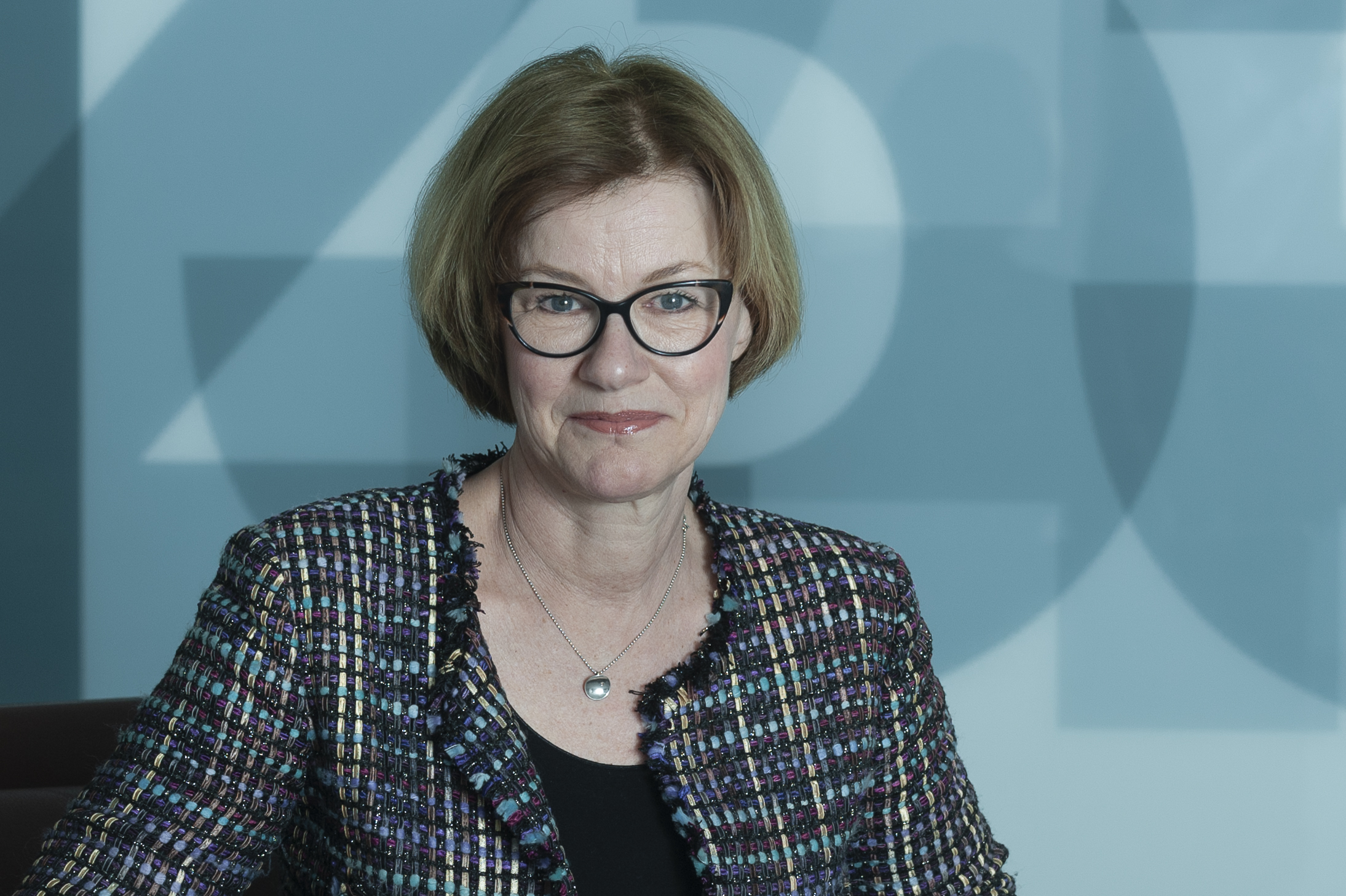Internal control on EU spending has clearly improved over the last 10-15 years.
This is reflected in the error rate presented by the European Court of Auditors.
The error rate is an estimate of the degree of non-compliance with spending rules.
In its annual reports, the European Court of Auditors has presented a decreasing error rate in the spending of EU money for the past three years: it has fallen from 3.8 % in 2015, through 3.1 % in 2016 to 2.4 % in 2017.
Despite this, the EU must step up fight against fraud and corruption. That is the overall conclusion of a report published by the ECA.
The EU must show that it takes the issue very seriously and has powerful tools at its disposal. This is all the more important in the light of increasing euroscepticism in several countries.
Responsibility for control and follow-up is currently divided between several actors at EU and national level.
The commission’s directorates-general share responsibility for checking spending with the member states and the authorities responsible for funding programmes.
OLAF, the European Anti-Fraud Office (Office Européen de Lutte Antifraude), was established in 1999.
Its remit is to develop anti-fraud policy and conduct independent administrative investigations on suspicions on fraud, corruption and illegal activities affecting EU financial interests.
The purpose of these administrative investigations is to recover unduly spent funds. OLAF does not itself prosecute fraud suspects; it can only make recommendations to EU national authorities, which must then act. Inevitably, this leads to long processes.
The administrative investigations that OLAF starts on suspicion on fraud are often complex and sensitive.
If there are grounds to suspect fraud, it is important to secure evidence. If the suspicions turn out to be ill founded, there are concerns for the integrity of the individual or organisation involved.
Currently, investigations average between 17-18 months. Any processes in national courts come on top of this.
Time is crucial if we are to catch fraudsters before they disappear or clean their tracks. It is also hard to estimate exactly how much EU spending is lost to fraud.
‘The European Court of Auditors considers that more drive and leadership is needed in the EU to take real action against fraud in EU spending’
In 2017, OLAF opened 215 investigations on suspected fraud cases and concluded 197, resulting in recovery recommendations totalling €3 billion.
Between 2012 and 2016, only about 15% of the total amount recommended was actually recovered.
The ECA special report found that the commission lacks of comprehensive information on the scale, nature and causes of fraud. Its official statistics on detected fraud are not complete and it has so far not carried out any assessment of undetected fraud.
The current approach, whereby OLAF launches administrative investigations after receiving information from other sources and whereby OLAF’s investigation of suspected fraud is often followed by a criminal investigation at national level, takes up much time in a considerable number of cases and thus it decreases the chances to achieve prosecution.
The ECA considers that more drive and leadership is needed in the EU to take real action against fraud in EU spending. There is a clear need for the commission, in cooperation with the member states, to step up its fight against fraud in EU spending. The commission should put in place a robust fraud reporting system, providing information on the scale, nature and root causes of fraud and adopt a new comprehensive anti-fraud strategy based on a comprehensive analysis of fraud risks.
The ECA considers the establishment of the European Public Prosecutor’s Office (EPPO) to be a step in the right direction. According to the proposal, the EPPO would be empowered to investigate and prosecute crimes against the EU’s financial interests from 2020. The EPPO could become a game changer if provided with adequate resources. The EPPO will also be heavily dependent on national authorities.
However, the regulation does not put in place any mechanism enabling the EPPO (or any other EU body) to urge member state authorities to allocate resources. In addition, some member states have chosen to opt out of the EPPO, namely Denmark, Sweden, Ireland, Hungary, Poland and the UK.
Looking to the future, it is important that OLAF and the EPPO cooperate closely and that OLAF’s investigations become more effective. The commission has proposed changes to OLAF’s activities in view of its cooperation with the EPPO, to promote investigative functions and clarify and simplify the governing rules.
ECA Opinion No. 8/2018 stresses the importance of clarifying the rules on on-site inspections and access to bank accounts, and of improving the admissibility of collected evidence. However, the ECA has been very clear that these measures alone are not enough to increase OLAF’s effectiveness in its work on fraud. More action is required and cannot wait.
The ECA recommends that the commission reconsider OLAF’s general role and responsibilities in fighting fraud. In particular, the commission should consider proposing to the European Parliament and the council that OLAF have a more strategic supervisory role in fighting fraud.
There is an obvious link between enforcing the rules and defending EU financial interests. The EU’s legal landscape is complex at both the EU and national level. Courts need clear independent positions in order to handle corruption and the misuse of EU money while safeguarding legal processes. Investigative functions must also be conducted independently to ensure solid investigations and recommendations.
Merely the suspicion that member states and national authorities might not deem protecting EU financial interests a top priority is damaging. Ultimately, it is about gaining citizens’ trust and ensuring that taxpayers’ money is used efficiently, providing added-value.















